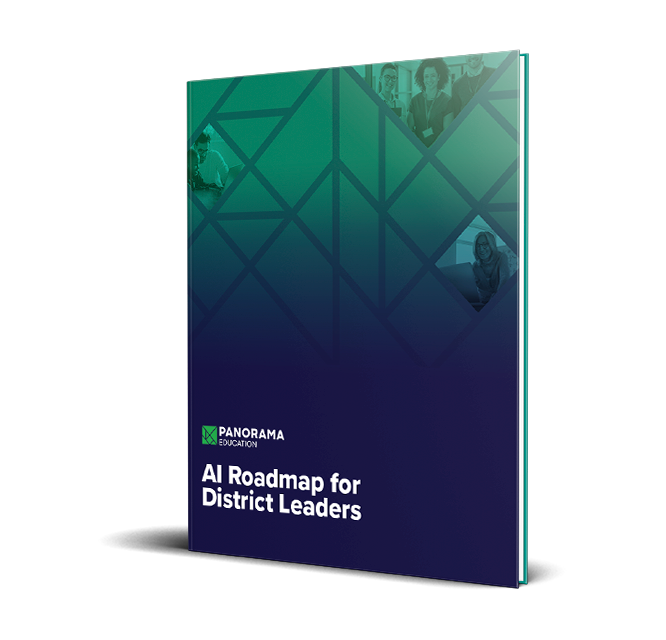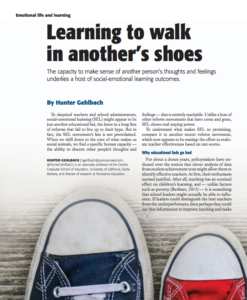As teens transition into adulthood, mastering life skills is essential for their independence, problem-solving abilities, and long-term success. High school is a critical period to focus on teaching life skills, as students are often faced with real-world challenges and responsibilities. By fostering these abilities, teens gain confidence, build resilience, and set the foundation for a successful future.
What Are Life Skills and Why Are They Important?
Life skills are a set of competencies that include a combination of emotional intelligence and practical skills, such as knowing how to do laundry or make a budget. Life skills also provide teens with the tools to navigate life's challenges and opportunities effectively. These skills are especially valuable for teens as they face increased responsibilities and prepare for the adult world.
Understanding the Importance of Life Skills for Teens
Life skills empower young people to solve problems and make informed decisions. Teens with strong life skills are also able to communicate effectively and build healthy relationships. They learn to manage their emotions and adapt to new situations—an essential strength in this time of transition.
The value of life skills becomes evident in practical applications, such as interviewing for jobs, resolving conflicts with peers, or managing multiple homework assignments. Some essential life skills for teens and high school students include:
- Time management
- Emotional regulation
- Financial literacy
- Effective communication
- Critical thinking
These skills not only promote independence, but also prepare teens to handle the complexities of adult life.
Additionally, research shows that strong life skills correlate with academic success. In fact, Meridian Public School District saw these results firsthand when they measured 18% higher GPAs in students with stronger life skills. Building life skills in teens and high school students sets them up for success academically and beyond.
Start Measuring Teens’ Life Skills with Our Student Survey
6 Life Skills Every Teen Needs
1. Growth Mindset
Growth mindset describes someone’s perception of whether or not they have the potential to grow and improve. High school students with a low growth mindset may believe that they have come as far as they can, whether academically or in a sport or hobby. Adults may know and understand that teens have many years of potential growth ahead of them, but teens may have difficulty grasping this concept if they lack a growth mindset.
Conversely, teens with a high growth mindset understand that effort and work may improve their performance. They are therefore more likely to put in that work to drive results. They are less disheartened by current performance because they see the potential for change.
2. Self-Management
Self-management describes how well someone manages their emotions, thoughts, and behaviors in different situations. For teens and high school students, the trait often shows itself in how they manage their time and responsibilities. Do they come to class prepared? Do they follow directions? Can they stay focused when working independently? These are critical skills to apply to college, work, and other vocations.
Now is the time for teens to learn self-management skills like goal setting and self-discipline. Consider how families and educators can brainstorm solutions to set them up for success.
3. Social Awareness
This trait measures how well students consider the perspectives of others and empathize with them. Whether in a work meeting or a college seminar, young adults must be able to listen and consider the opinions of others. Teens with this life skill are able to disagree without starting an argument and navigate group projects with empathy.
4. Self-Efficacy
Self-efficacy describes how much students believe they can succeed in achieving academic outcomes. Students with this strength see the connection between their effort and their achievements. For example, a teen with high self-efficacy is more likely to apply for leadership roles or pursue ambitious goals.
Educators and other adults wanting to bolster teens’ self-efficacy should cultivate a supportive environment that recognizes and celebrates individual achievements to reinforce the idea that effort leads to success.
5. Emotion Regulation
High schoolers who can control their emotions are at an advantage when facing the challenges of life. When students embark on new experiences at work, in college, or beyond, they may experience a wide range of emotions. Being able to tune into how their body and mind are affected by change will strengthen their resilience and help them venture outside their comfort zone.
Strong emotion regulation will help students manage feelings like anger, frustration, and anxiety in healthy ways. They will be better suited to cope with pressures from school, peers, and other challenges and become well-adapted to new challenges, environments, and people.
6. Social Perspective-Taking
Often characterized by the idiom of “learning to walk in another’s shoes,” the life skill of perspective-taking will help students consider the views of others. Social perspective-taking extends beyond their circle of peers to the feelings and perspectives of adults like family members, teachers, and community members.
Social perspective-taking is something that teens and high schoolers can develop as they begin to broaden their horizons. Researcher Dr. Hunter Gehlbach says, "When we drill down to the core of what makes us social animals, we find a specific human capacity—the ability to discern other people’s thoughts and feelings—that is entirely teachable."
Resources for Teaching Life Skills to Teens
Families and educators should equip themselves with resources to help teens develop essential life skills. Share tools with them, like books on building routines and habits, apps for mindfulness, and skill-building workshops in your community. Check out your local library, school, or non-profit for workshops for opportunities for teens to develop communication, leadership, and teamwork skills. These resources support educators and families in teaching life skills in high school to prepare students for adulthood.
Another effective tool is a survey to determine where students are in their life skills journey. Panorama Student Survey is a research-based assessment that measures student perceptions about themselves, their school, and others. The Student Survey will give educators a clear picture of students’ strengths and areas for improvement.
Panorama Student Survey (demo data displayed)
The most important thing for caring adults is to encourage teens as they build these skills. Cheer on the small successes and offer strategies and tips for navigating setbacks. Educators who prioritize life skills in the classroom help to shape a future where students not only excel academically, but also become empathetic, emotionally intelligent contributors to society.







